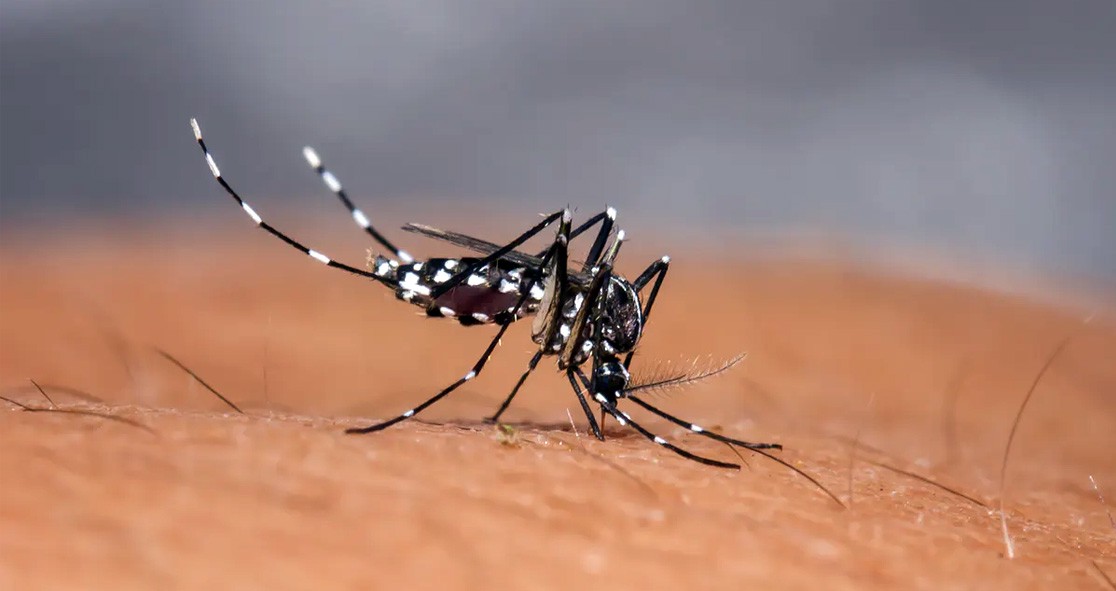A new study, published in The Lancet Planetary Health, has found that more than 8 billion people could be at risk from malaria and dengue by the end of 2100 if emissions keep rising at current levels, according to Medical Xpress.
The study researchers have estimated that if temperatures rise by more than 3°C by 2100, the population at risk of the mosquito-borne disease might increase by up to 4.7 additional billion people, especially in lowlands and urban areas.
The team made their predictions using different levels of greenhouse gas emissions, population density, and altitude.
For malaria, the researchers estimated that a total of 8.4 billion people could be at risk in 2078. And for dengue, they estimated a total of 8.5 billion people at risk in 2080.
It is also estimated that malaria would gradually increase during a warming climate in most tropical regions, while dengue is predicted to increase in lowland areas.
All the worst-case scenarios predicted a gradual increase in the population at risk of malaria and dengue over the century.
However, the researchers believe that the impact would reduce substantially if officials take immediate action to reduce global emissions.
The study’s first author Dr. Felipe J Colón-González said, “Our results highlight why we must act to reduce emissions to limit climate change.”
“This work strongly suggests that reducing greenhouse gas emissions could prevent millions of people from contracting malaria and dengue,” he added. “The results show low-emission scenarios significantly reduce length of transmission, as well as the number of people at risk. Action to limit global temperature increases well below 2°C must continue.”
Dr. Colón-González explained, “But policymakers and public health officials should get ready for all scenarios, including those where emissions remain at high levels. This is particularly important in areas that are currently disease-free and where the health systems are likely to be unprepared for major outbreaks.
Both malaria and dengue are the most important mosquito-borne global threats. Malaria is gradually shifting towards higher altitudes, while urbanization is associated with increasing dengue risk, per Medical Express.
The study’s senior author Dr. Rachel Lowe said, “A number of interventions will be needed to adapt to the health effects of a warmer and more urbanized world and to prepare for all scenarios.”
“Our findings stress the importance of increased surveillance in potential hotspot areas to monitor the emergence of diseases, especially in places without previous experience of dengue or malaria,” she added.
“Public health action will be particularly important in areas where transmission is occasional because public health systems might be unprepared to control and prevent these diseases.”





















